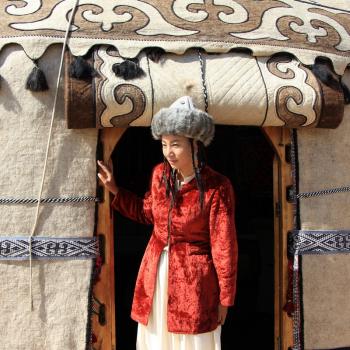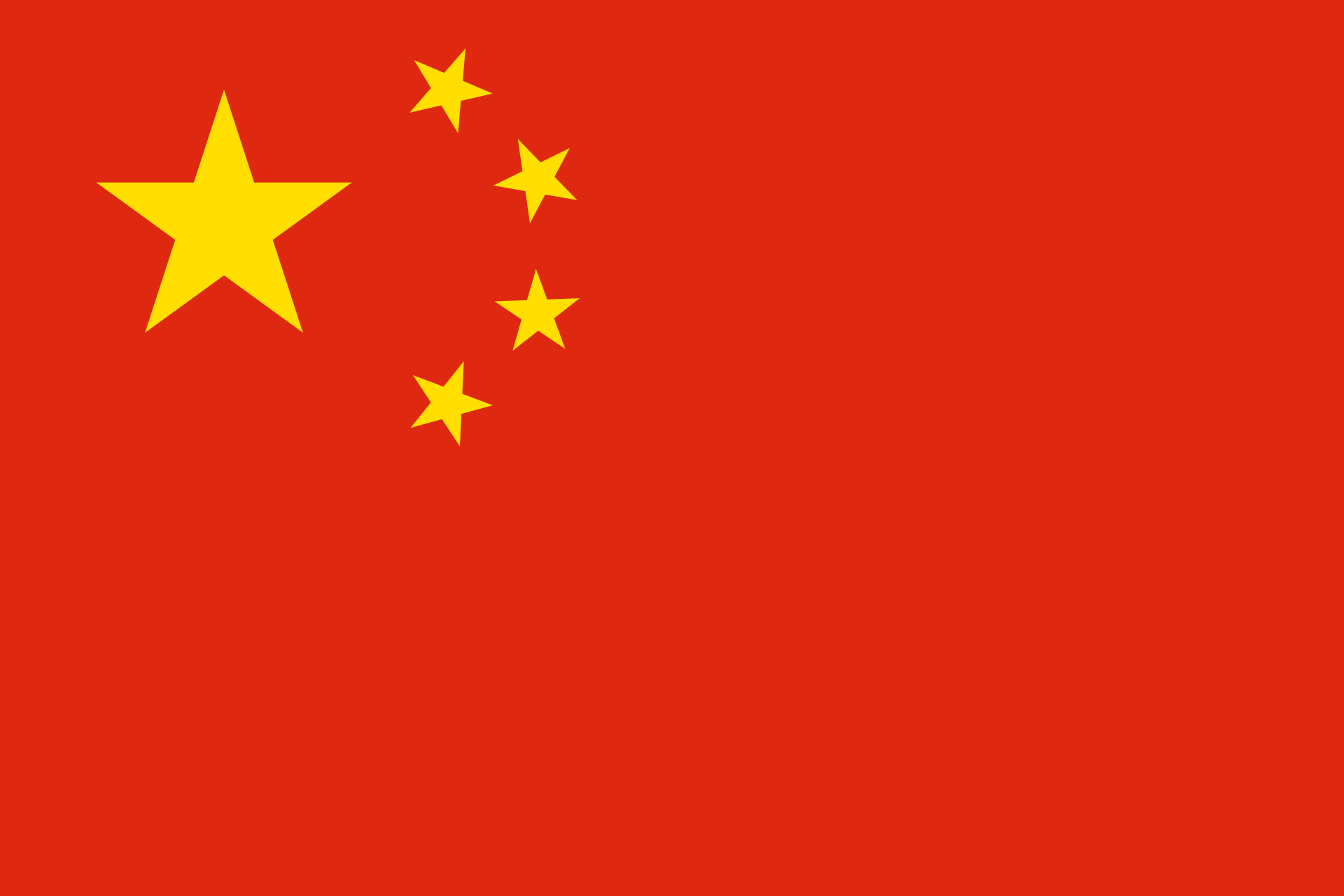Iranian Research Center for the Silk Road (IRCSR), Shahid Beheshti University in Tehran
The Shahid Beheshti University of Tehran, Iran has established the Iranian Research Center on the Silk Roads. The Center is a scientific and academic institution, and a unique academic research center in Iran to focus on the Silk Roads.
International Institute for the Study of Nomadic Civilizations
At the initiative of UNESCO and with the support of its former Director General, Mr Federico Mayor (1987-1999), the International Institute for the Study of Nomadic Civilizations was established by an agreement concluded on 16 September 1998 between the governments of Kazakhstan , Kyrgyzstan , Mongolia and Turkey.
Between the seventh and third centuries BC, western Central Asia was inhabited by Iranian nomadic tribes, whose principal activity was cattle-herding. Yet these tribes were closely related to those of the northern Asian steppe, not just in terms of farming and economy, but culturally too. Greek writers refer to these tribes as the Scythians, whilst Persian authors knew them as the Sakas.
In spite of its difficulty, the study of orally transmitted traditions, such as sung epics, provides fascinating insight into a society’s culture. On the island of Palawan and among the Buryats living in the forests of Siberia, epics mostly dealt with the quest for marriage partners, acts of heroism and the overcoming of conflicts which led to social harmony and cohesion. In both these cultures, which were based on hunting and the exchange of goods, the epics were sung by shaman-bards.
National Gugak Center and the Museum of Gugak
The National Gugak(*) Center’s Museum of Gugak is Korea’s only Gugak-specialized museum that displays various Gugak archives and instruments and offers the experience of learning the flow of the thousand-year-old Gugak style at a glance. Opened in 1995, the Center’s Museum of Gugak has served as an active Gugak educational center with its permanent exhibitions and special exhibitions with in-depth topics.
Gyeongju World Culture Expo Foundation
In 1996, The Gyeongju World Culture Expo Foundation was established in ancient capital of Korea ‘Gyeongju’ where splendid Korean civilization had flourished throughout 5,000 years, and the historical exchanges through the Silk Road took place.
National Research Institute of Maritime Cultural Heritage
The National Research Institute of Maritime Cultural Heritage is a governmental organisation responsible for the research of the underwater cultural heritage of Korea. Since the launch as a subsidiary organization of the Cultural Heritage Administration of Korea, the Institute has committed itself to excavations and researches of the Korean underwater cultural heritage.
The Silk Roads provided considerable opportunities to enrich exchanges regarding tradtional sports including martial art forms such as Chinse WuShu. On the Silk Roads, nomadic skills such as archery and horse riding hybridised with farming culture to form a number of martial arts styles which were spread as people travelled these routes, sometimes protected by martial arts practitioners. A numbe of hybrid martial arts were formed through the organic combination of different elements from Silk Roads regions.






